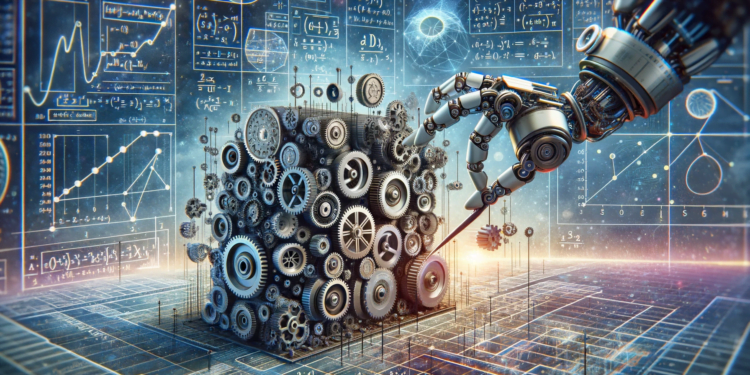Artificial Intelligence (AI) has undergone rapid development, venturing into multiple application areas. Central to this progress is the study and implementation of Multi-Agent Systems (MAS), which represent a collaborative approach in AI where multiple intelligent agents interact with one another.
Definition of Multi-Agent Systems
A Multi-Agent System consists of agents that are autonomous entities capable of making decisions and can perceive their environment, reason, learn, and act accordingly to achieve specific objectives. Each agent has limitations in their knowledge and capabilities, and hence collaboration among them can enhance solving complex problems.
Fundamental Concepts
The agents in MAS can be homogeneous or heterogeneous, sharing similar skills or having distinctive capabilities. These entities can operate in static or dynamic environments and can be cooperative, competitive, or exhibit a mix of both behaviors.
Coordination: A key mechanism in MAS. It facilitates cooperation among agents, avoiding conflicts and maximizing collective performance.
Negotiation and Agreement: Strategies to reach agreements and optimize group decisions.
Communication: Fundamental for coordination, these systems generally implement standardized languages and communication protocols such as Agent Communication Language (ACL).
Distribution: The execution of tasks is distributed among the agents, which decreases centralization and the risk of a single point of failure.
Autonomy: Each agent operates without the direct intervention of humans or other agents and has control over its own action and internal state.
Recent Advances in Algorithms
Multi-agent reinforced learning techniques are of particular interest, where agents learn optimal policies through interaction with their environment and other agents. Algorithms such as Q-Learning and Deep Deterministic Policy Gradient (DDPG) adapted for multi-agent environments stand out.
Game theory is used in systems with agents that have divergent interests, analyzing strategies in interactive decision-making situations.
Emerging Practical Applications
MAS are being implemented in autonomous vehicles, where the exchange of information between vehicles and coordination can lead to better traffic management and a reduction in accidents.
In smart grids, agents manage energy distribution efficiently, responding to demand and supply in real-time.
Swarm robotics is another emerging field, inspired by the collective behavior of insect colonies, and can be applied in exploration and rescue tasks.
Comparison with Previous Work
Historically, AI focused on the intelligent behavior of solitary agents. MAS set themselves apart by concentrating on collective intelligence and on the interaction within a system of agents that may be independent in their knowledge and objectives.
Future Directions and Potential Innovations
MAS are expected to play significant roles in social simulation and economics, where the modeling of markets and human behaviors can be refined.
Distributed AI is moving towards combining multi-agent systems with technologies such as blockchain to ensure secure and automated transactions between autonomous agents.
Examples of Case Studies
In studies on natural disaster management, MAS have simulated evacuation behaviors, with agents representing people, emergency services, and government authorities interacting to optimize rescue strategies.
In the manufacturing industry, MAS facilitate supply chain logistics, where intelligent agents manage inventories, orders, and transportation logistics in real-time, adjusting to the dynamics of the market.
In summary, Multi-Agent Systems represent an advanced frontier in the research and application of Artificial Intelligence. Their ability to tackle distributed and complex problems makes them an invaluable tool across various industries and scientific disciplines. As technology progresses, it is essential for researchers and developers to continue collaborating to discover their full potential and address the ethical and technical challenges that emerge with this advancement.






















